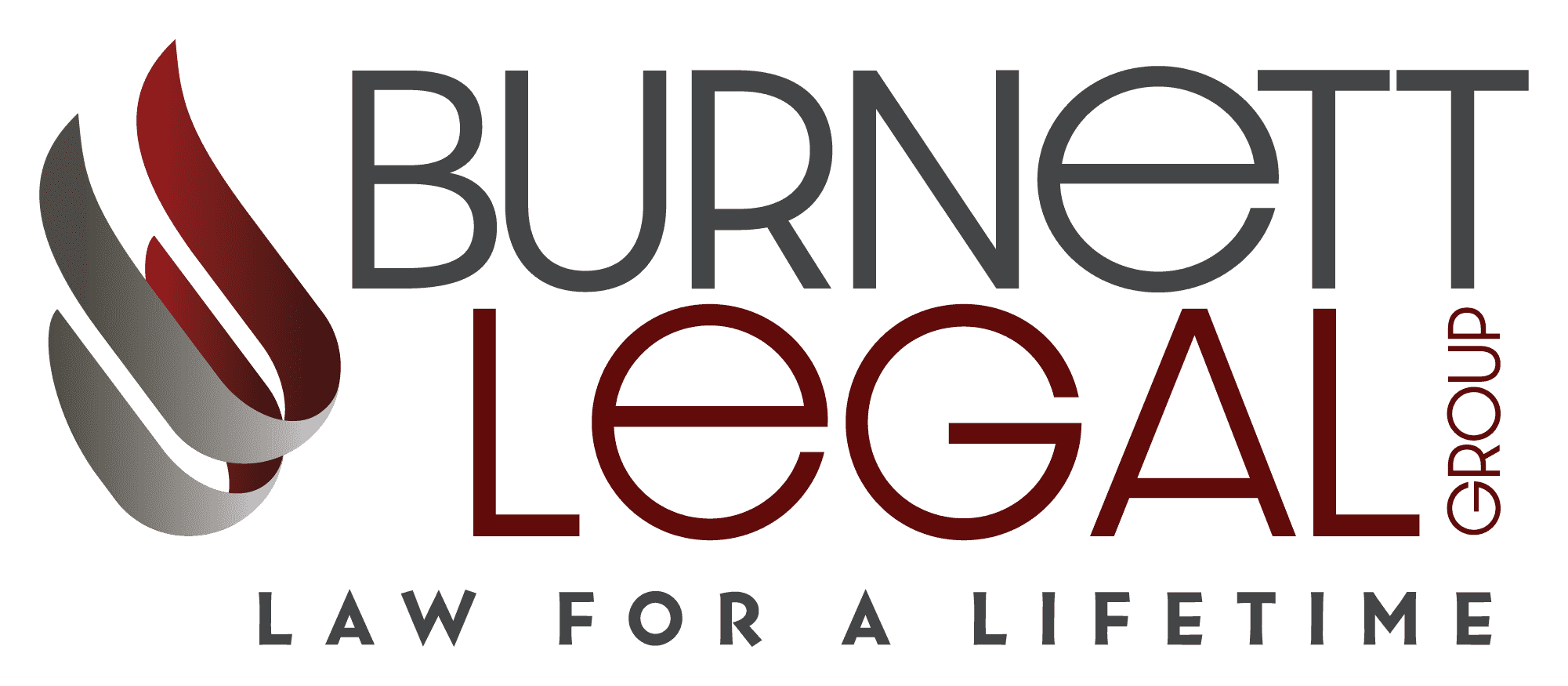In a recent lawsuit, a jury awarded $500,000 in punitive damages against a Massachusetts Lexus dealership but also awarded just $40,000 in emotional distress damages in a sexual harassment case. Why is this lawsuit significant? Punitive damages are not covered by insurance in Massachusetts, so this was a big settlement that was borne by the dealership. Large settlements or verdicts can be avoided or limited if proper measures are taken to prevent, investigate and address allegations of sexual harassment early on.
Here are some steps you can take to help employers avoid lawsuits, defend against them effectively when they do arise, minimize punitive damages and create a more productive work environment:
- Post Policies - Post notice of sexual harassment regulations and policies that are required in your state where your employees can see it. It's one of the easiest and cheapest ways to avoid litigation, so there's no reason not to do it. In most states, failure to post conspicuously can interfere with your ability to assert the best defense to a sexual harassment claim.
- Distribute Your Policy - Have an anti-sexual harassment policy and distribute it to your employees every year. Having a policy and distributing it annually may be mandated by your state law, but even if it isn't, this practice is a good one to have. Even better, have each employee sign off on receipt of the policy, whether or not they accept or agree with it, and keep the signed acknowledgement in the employee's personnel files.
- Train Your Employees - Train employees on discrimination and harassment prevention as well as your policies. Even though employees don't want to necessarily sit in HR meetings, and as an employer you may not want to lose production hours, the cost may be minimal compared to litigation of a sexual harassment claim. The bottom line is that training (or lack thereof) will be taken into account by any jury, court or agency. It shows that you took steps to prevent harassment in your workplace, which can help you avoid lawsuits altogether and can keep a lid on damages, including (and especially) punitive damages. Training also teaches your employees about your policies and about acceptable and unacceptable conduct. Often, juries and judges award punitive damages because a supervisor doesn't address an issue properly or ignores it. So, train your supervisors on how to recognize and address problematic behavior and handle complaints or situations. Your company is only as good as your weakest employee. Lack of training is really the employer's fault if there is an action brought against it.
- Accept Complaints of Harassment - If your employee complains of sexual harassment accept the complaint and start a reaction to it, with the policy you have in place. One of the single greatest predictors of whether an employee will consult a lawyer or file a formal complaint is how he or she was treated when complaining internally. If an employee comes to you with a complaint, take it seriously - he or she may be giving you the opportunity to avoid legal action.
- Act on Any Harassment Complaints - Investigate thoroughly and immediately. Part of taking a complaint seriously is following up to investigate whether harassment occurred. Consider whether it's necessary to separate the complainant and accused while you investigate. Investigations can be tricky, and a proper investigation can be critically important in determining whether an employee will consult a plaintiff's attorney or file a charge with a state agency, so you are strongly advised to get legal advice unless you have an HR professional who is experienced in such matters.
- Watch for Retaliation - In some cases, the accused may use their status in the company to retaliate against the complainant. This may be a delicate situation during the investigation process and may be a real occurrence. Retaliation claims are on the rise for the simple reason that they are much easier to prove than discrimination or harassment claims. The employee doesn't have to prove discrimination or harassment to have a viable retaliation claim. Protect complainants and anyone else who cooperates with an investigation by having an anti-retaliation policy and advising everyone involved of that policy. Retaliation complaints, like harassment complaints, should be taken seriously.
These steps can help employers defend against harassment claims and in some cases may allow employers to avoid damages entirely. The law on these matters is complicated, but these simple steps may help your business avoid complications.
As for employees, if your employer is doing most or all of these things, a case against it may be much more difficult to win. Because emotions are a big part of this process, some complainants may not think about whether the employer is doing some or all of these things. If it is your case, while not impossible to litigate, may not be easy to win and worth fewer dollars in settlement.
Burnett Wilson Law addresses issues of harassment and discrimination for employers and employees in Nebraska. If you believe that you may be the victim of discrimination of any type on the job, you should take action quickly and contact us at (402) 810-8611 or contact us online to schedule a free consultation.
Retrieved from: "6 ways for car dealers to avoid a $540,000 sexual harassment jury verdict" in a Blog by Burns & Levinson LLP, 6/23/2015

